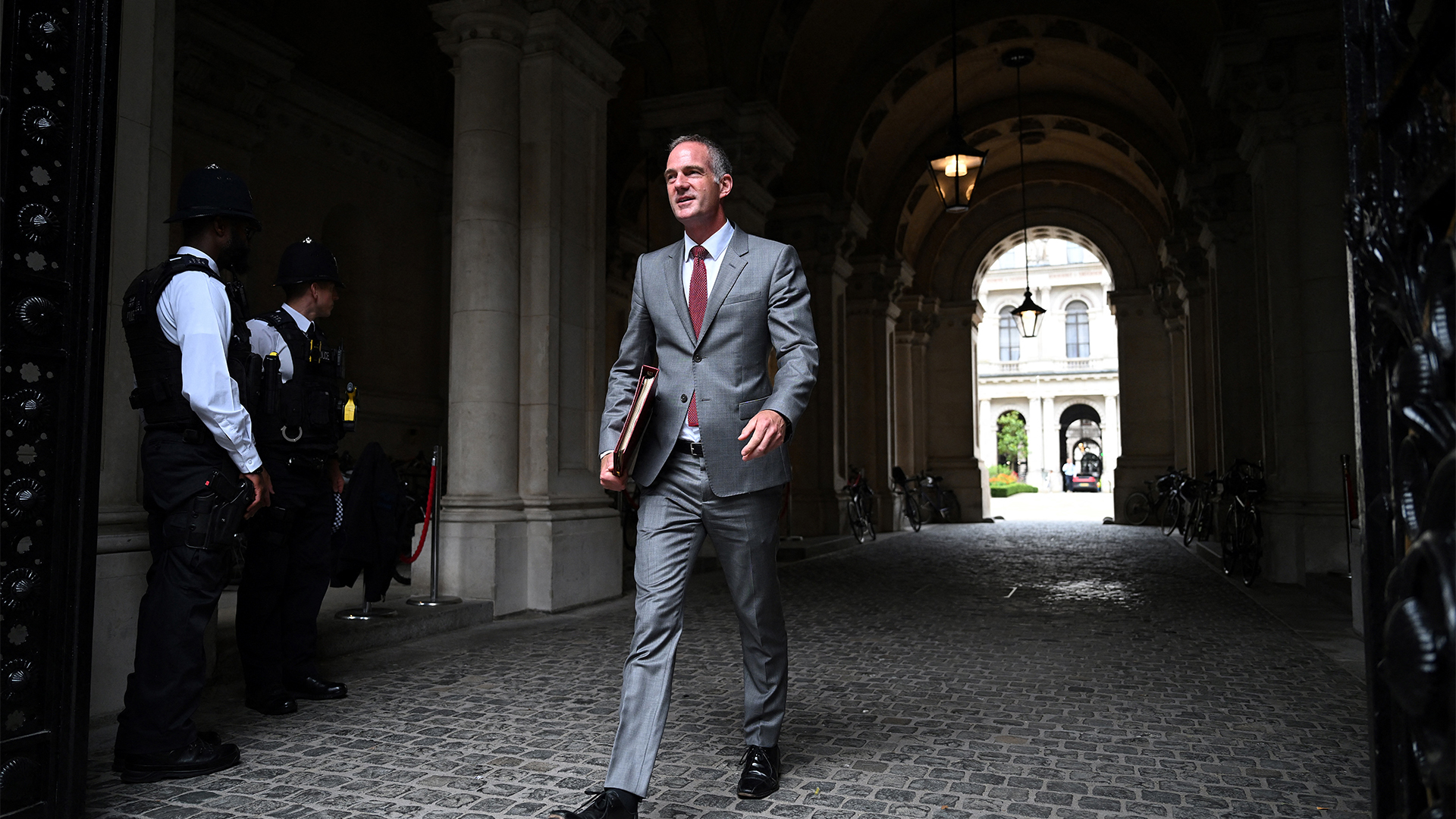Who is Peter Kyle, the UK's new technology secretary, and what are his plans for the future of the sector?
Peter Kyle, the government's new technology secretary, has made his stance clear on AI legislation and the future of the DSIT


Heralding in his new Labour administration, UK prime minister Keir Starmer has selected Dr Peter Kyle to be his technology secretary and lead the government’s Department for Science, Innovation and Technology (DSIT).
Kyle has acted as the shadow secretary for science, innovation, and technology since September 2023, having previously served in other shadow ministry roles such as for schools and Northern Ireland.
Before taking on the role in Starmer’s cabinet, Kyle had been outspoken about the need for more stringent AI regulation, having complained of legislators and regulators being “behind the curve” on new technology, according to reporting by The Guardian.
He stated that companies developing AI under a new Labour government would need to be more open and that they would be required to release data for the government to “see exactly what is happening and where this technology is taking us”.
Now Kyle’s in office, he seems to be leading this push as he takes charge of a “revamped department” that’s expanded in both scope and size to drive “innovation, investment, and productivity”.
“We’ve got a great science community in our country - we’re going to turbocharge it,” Kyle said in a video posted to DSIT’s X account.
He said the DSIT will become an “economic department - that means that DSIT will be there to support the economy in getting digital technologies and other technologies right out there to all parts of our economy”.
Sign up today and you will receive a free copy of our Future Focus 2025 report - the leading guidance on AI, cybersecurity and other IT challenges as per 700+ senior executives
Kyle added that, under his leadership, efforts would be refocused on improving the digital experience of those interacting with the UK government, by making online public services more efficient.
DSIT will become the UK’s digital center of government, supporting technology use across departments such as energy, health, policing, and education, while also helping to “upskill” civil servants.
AI is top of mind for the industry
As Kyle settles into the role, however, he and his department will need to act carefully on the issues of most concern to the UK tech scene.
Michelle Donelan, Kyle’s Conservative predecessor, made claims of her own before her party lost power, stating her mission to make the UK “a true scale-up powerhouse” on the world technology stage.
More recently, Donelan oversaw a DSIT senior leadership hiring spree in roles related to health, law, risk management, and marketing, though in the same time frame, the UK tech industry has been crying out for greater AI regulation.
Kyle will need to address these concerns head-on if he’s to lead a successful regime at DSIT. As Caroline Carruthers, CEO of data consultancy Carruthers and Jackson, told ITPro, a lack of regulation is only going to cause upset in the UK.
RELATED WHITEPAPER

“If there is a lack of guidance from a legislative, regulatory perspective, businesses trying to adopt AI will continue being put in the difficult position of wanting to innovate, but needing to stay mindful of potential future compliance risks,” Carruthers said.
“In my opinion, the guardrails implemented by the Government should be just far enough from the road that we can’t drive off the edge of the cliff but not so far that we can’t still drive and use the road,” she added.
Carruthers made it clear that AI regulation needs to be a “priority” for the new Labour administration. However,Tiago Veiga, CEO at Aurum Solutions, offered a slight rebuttal to this viewpoint in comment to ITPro.
“With this technology evolving so rapidly, it's likely any rules will be out of date by the time they’re finalized,” Veiga said. “A smarter short to medium-term strategy would be to focus on educating people and businesses on how to safely use AI, where it should and shouldn’t be deployed, and identifying targeted use-cases where it can boost productivity.
“Labour will be judged by how successfully it creates economic growth, and giving businesses the right tools and knowledge to safely get the best out of this technology will be key to fulfilling this mission,” he added.

George Fitzmaurice is a former Staff Writer at ITPro and ChannelPro, with a particular interest in AI regulation, data legislation, and market development. After graduating from the University of Oxford with a degree in English Language and Literature, he undertook an internship at the New Statesman before starting at ITPro. Outside of the office, George is both an aspiring musician and an avid reader.
-
 Can enterprises transform through startup theory?
Can enterprises transform through startup theory?In-depth For big corporations, the flexibility, adaptability, and speed of a startup or scale-up is often the total opposite of what’s possible within their own operations
-
 AI is creating more software flaws – and they're getting worse
AI is creating more software flaws – and they're getting worseNews A CodeRabbit study compared pull requests with AI and without, finding AI is fast but highly error prone